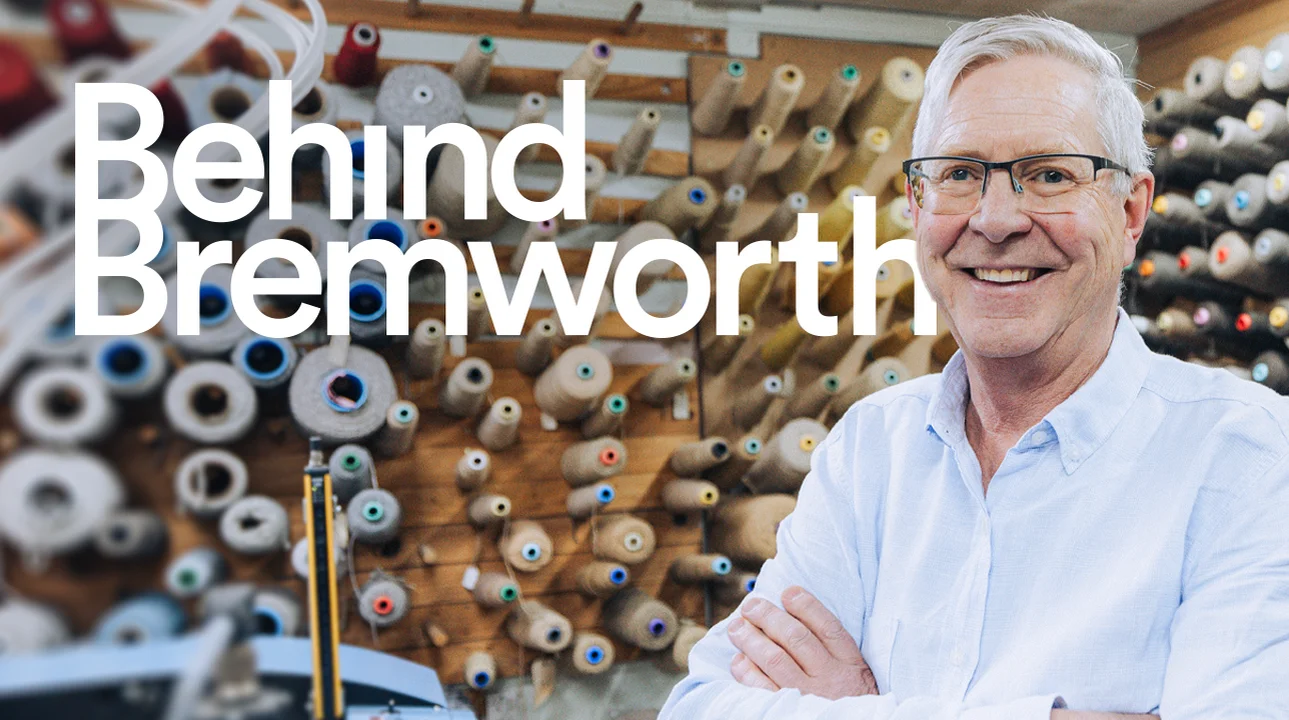Bremworth to shareholders: reject bid and brace for turbulence
Carpet-maker Bremworth warns shareholders that rejecting a takeover could leave the company exposed to rising costs, low demand, and ongoing supply-chain pressures in a slow housing market.

Bremworth, New Zealand’s premium wool carpet manufacturer, has issued a stark warning to shareholders: if the ongoing takeover bid fails, the company may face an increasingly difficult financial future. The message reflects the headwinds facing businesses tied to the housing and renovation market, which has been hit hard by higher interest rates and weak consumer spending.
In a high-cost economy like New Zealand, manufacturing margins are thin. Wool carpets compete not only with synthetic flooring solutions but also with consumers delaying renovation projects altogether. Rising interest rates have cooled the property market and reduced discretionary spending on home upgrades. Bremworth, which has repositioned itself around sustainable, high-quality wool carpets, faces demand sensitivity in a price-conscious environment.
Management argues that the takeover would bring capital stability and insulate the company from future volatility. Without it, the board suggests Bremworth may struggle to fund growth initiatives or absorb further downturns. That kind of warning is unusual — and deliberate. Boards typically avoid language that could unsettle markets unless they want shareholders to appreciate the stakes.
The strategic pivot toward natural materials remains compelling. New Zealand wool has strong sustainability credentials, and Bremworth has leveraged this advantage by repositioning itself away from synthetics — even exiting some high-volume, lower-margin lines. This has improved brand identity, but transition periods are costly. Revenue dips before profitability recovers.
Global supply-chain conditions have improved from the logjam peaks of 2021–2022, but freight costs remain elevated compared with pre-pandemic levels, and material costs have not normalized fully. Bremworth’s challenge isn’t demand alone — it’s the combination of demand volatility and high cost structure.
Shareholders now face a strategic choice:
Takeover Decision Matrix
| Accept takeover | Immediate capital, reduced risk, loss of future upside |
| Reject takeover | Independence preserved, greater future upside, higher risk if market doesn’t improve |
The board is signalling that independence may require additional capital or restructuring. Some investors may interpret the warnings as a negotiation tactic; others see it as transparency about the realities of manufacturing in a small market.
Either way, Bremworth’s fate now depends on whether shareholders prioritise short-term certainty or long-term potential.





